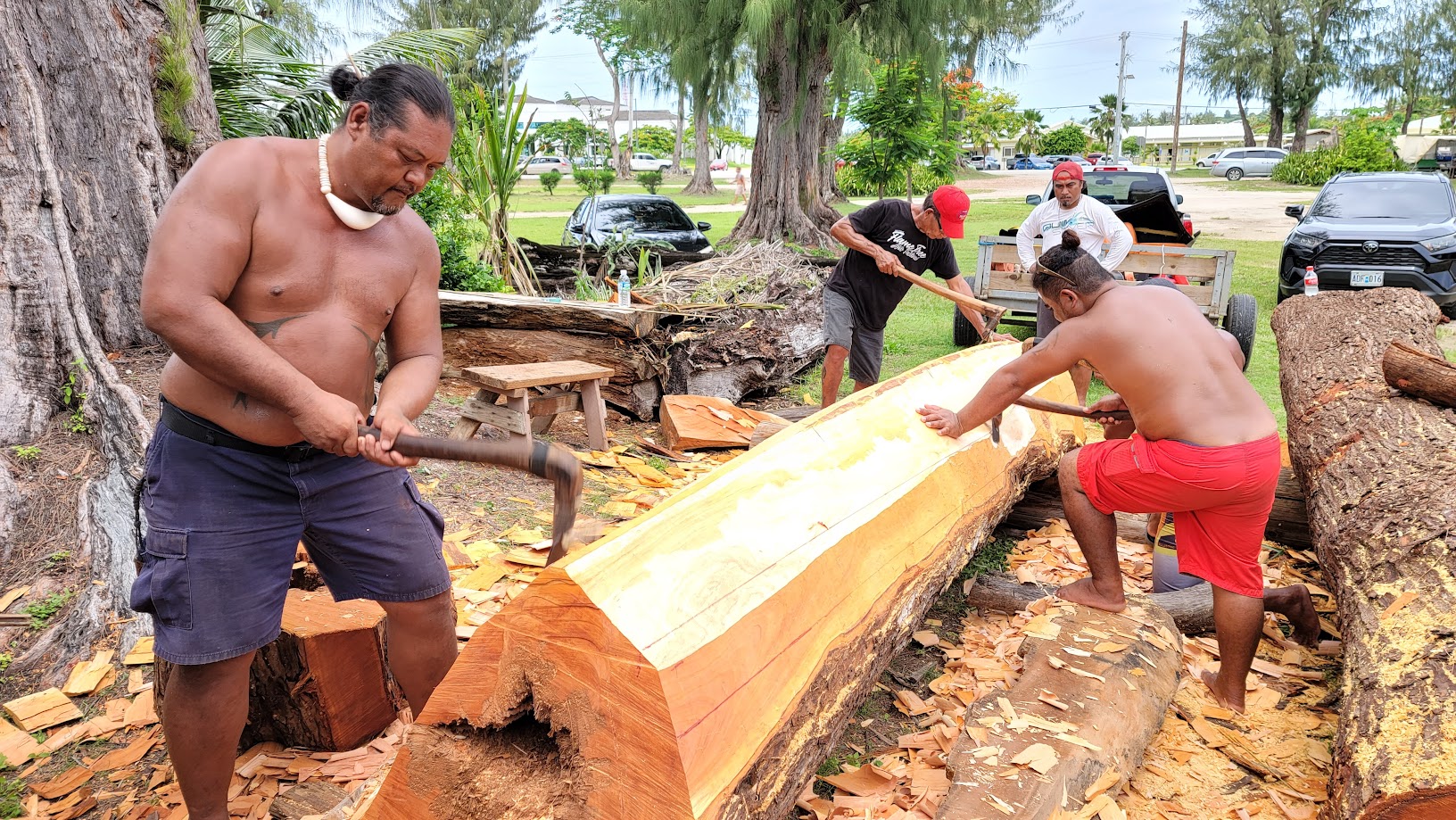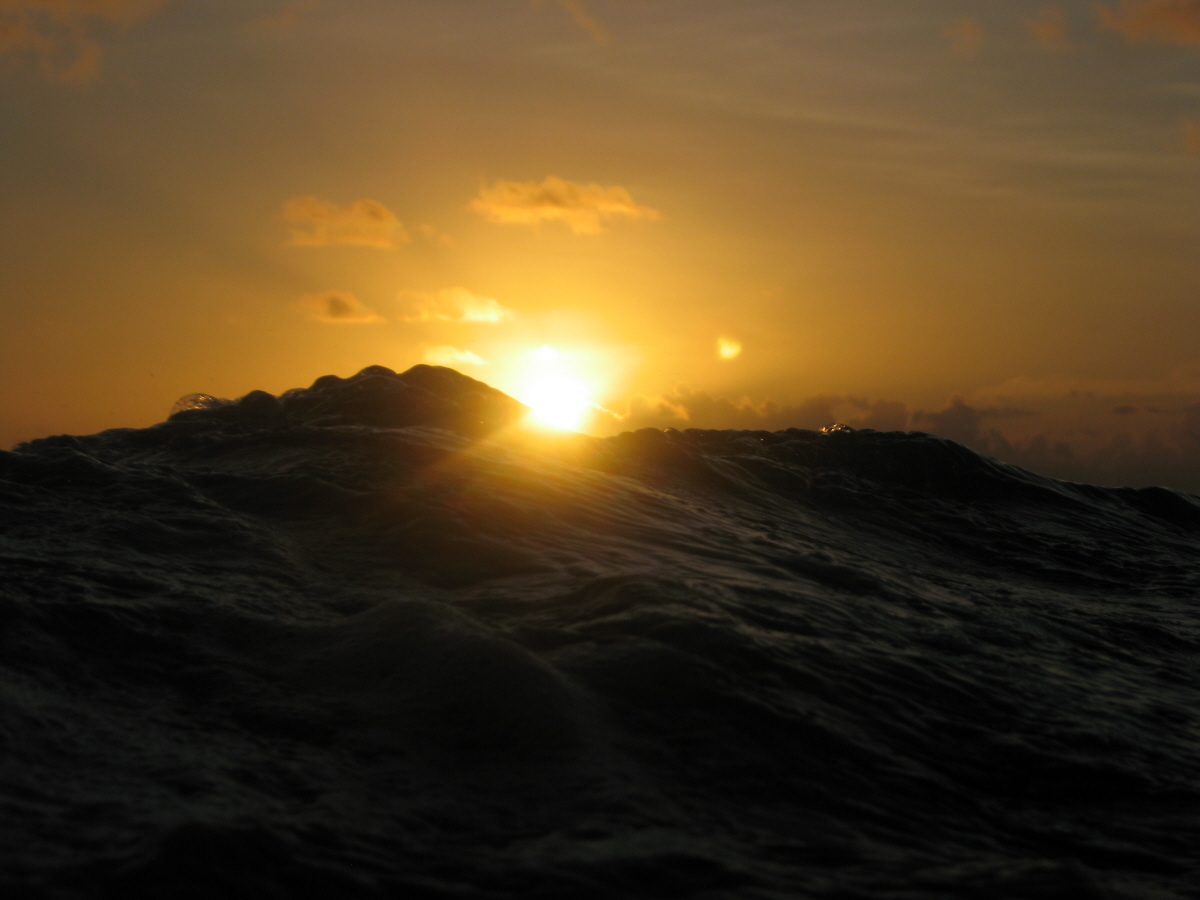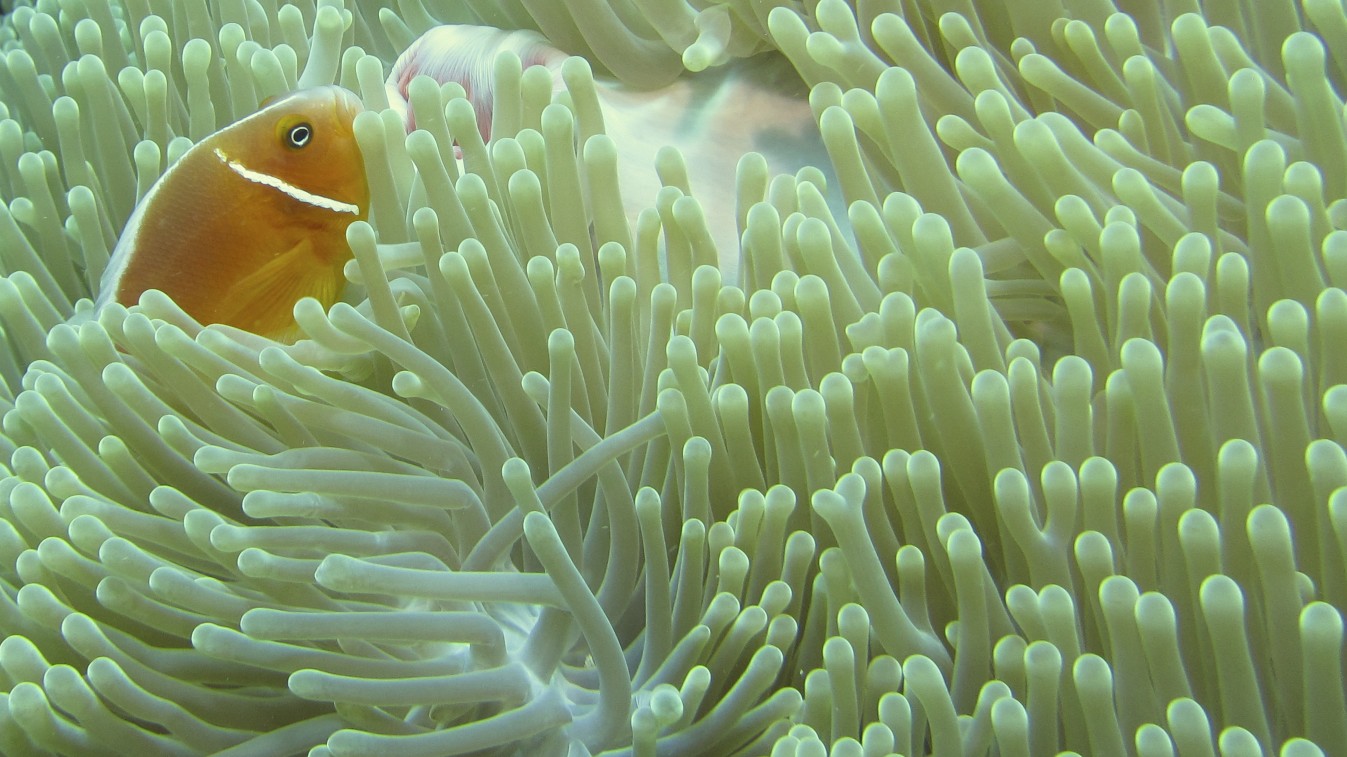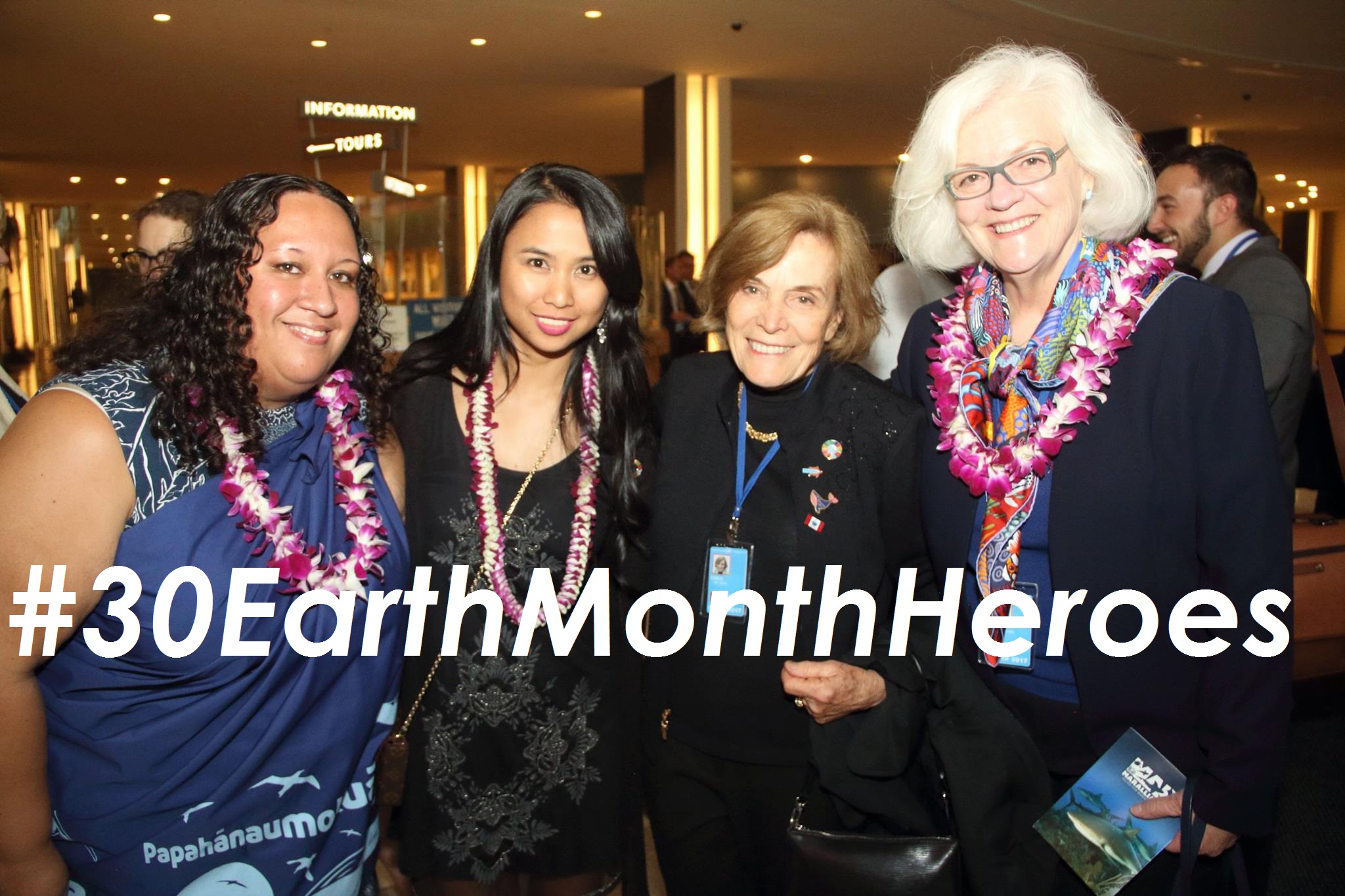A Q&A with Nathan Bennett, Laure Katz, and Angelo Villagomez
This piece was originally published on the Blue Nature Alliance website.
Modern conservation practices were largely developed without considering justice, equity, diversity, and inclusion. Humans have been viewed as separate from nature. Indigenous and local knowledge has been mostly dismissed. And communities have been left out of decisions that directly impact their ocean, land, and heritage.
Even though many efforts have aimed at correcting these and other failings for decades, the worldwide pandemic and highly visible human rights atrocities have spotlighted the need and opportunity to address longstanding social, economic, political, and environmental inequities. While these issues and conversations extend far beyond the conservation community, they are relevant, timely, important, and deserving of urgent attention and action.
New research, “Advancing social equity in and through marine conservation,” recently published in Frontiers in Marine Science explores these issues and calls for steps for improving social equity in ocean conservation efforts. In this Q&A, three of the 21 co-authors, Nathan Bennett, Laure Katz, and Angelo Villagomez, discuss their work and its implications. The Blue Nature Alliance provided financial support for this research and used the research as the basis for our Code of Conduct.
Why is it important to address social equity through ocean conservation?
Angelo: There is strong scientific evidence that we need to protect at least 30% of the ocean by 2030. But in our urgency to protect the ocean, we can exacerbate social inequities if we do not address how decisions are made and who is part of the decision-making process. Generally, marine conservation has not been able to reach its full potential of ideas, knowledge, and action because it has historically been dominated by people, institutions, and organizations that exclude entire communities, knowledge systems, and cultures. Focusing on social equity is not only the right thing to do, but equitable approaches lead to better and longer-lasting outcomes.
Nathan: There are too many examples of conservation initiatives that resulted in disenfranchisement, abrupt displacement, and outright exclusion of local and Indigenous communities. Understandably, this action – or inaction – resulted in hard feelings and opposition to marine conservation. We need more allies, not fewer, to achieve global marine conservation targets. While there has been progress, the marine conservation community needs to continue to learn and incorporate equitable and inclusive approaches.
Read More “A Call to Prioritize Social Equity in Ocean Conservation” »




